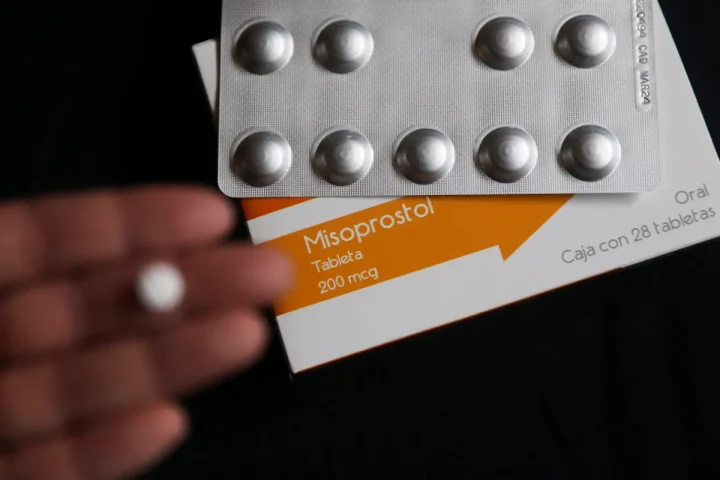The Lagos Chamber of Commerce and Industry (LCCI) has urged the federal government to sustain its targeted interventions in selected critical sectors like agriculture, tackling insecurity, and freeing more money from subsidy payments to ensure economic growth in 2023.
The chamber gave charge on Tuesday in a statement signed by Chinyere Almona, director general, LCCI.
In the statement, titled ‘the LCCI new year statement on the economy 2023,’ the body projected that sectors like manufacturing, agriculture, transport, telecommunications, and trade will be major drivers of economic growth.
It said the aforementioned sectors would deliver a gross domestic product (GDP) growth rate above 3 percent in 2023, higher than the 2 percent recorded in 2022.
Advertisement
“In 2023, we expect to see growth in sectors like manufacturing, agriculture, transport, telecommunications, and trade. With Nigeria having the third largest subscriber base in Africa (after South Africa and Egypt), the telecoms sub-sector is expected to record growth above the 10.1 percent achieved in the third quarter (Q3) 2022 driven by the growing deployment of payment service banks (PSB) by the telcos, increase in subscribers using more telcos’ services, and the expected innovation coming with the launch of the 5G technology,” the statement reads.
“The government needs to be more sensitive to the regulation of the ICT sector to promote growth and support private sector operations.
“In 2023, government’s intervention through targeted financing support to the agro sector can boost agricultural production, create jobs, and lower the spiking food inflation that has been responsible mainly for the rising headline inflation all through 2022.
Advertisement
“The manufacturing sector which suffered headwinds such as scarcity of forex for import of inputs, weakened consumer demand due to weak purchasing power, high energy cost, logistical challenges, policy uncertainties, and harsh regulatory environment in 2022, may likely record a growth in the sector away from the negative growth of -1.9 percent it recorded as at third quarter (Q3) of 2022.
“With lowering imports due to forex scarcity, local manufacturing could rev up in growth to meet the growing unmet local demand for hitherto imported finished products.”
LCCI, however, stated that the expected growth would only happen if the government would address current issues like rising inflation, scarcity of forex, high energy costs, high-interest rates, and logistics challenges due to insecurity in most parts of the country.
Speaking on fuel subsidy, the chamber projected that removal by the new administration might bring some shocks to the economy in the short-term with the possibility of adjusted pricing and demand in response to market forces in the long run.
Advertisement
MANUFACTURING GDP COULD SLOW
However, it said “the Dangote refinery coming into operations by mid-year will boost production levels and support growth in the manufacturing sector”.
“Nevertheless, the contribution of manufacturing to GDP may fall from the 8.2 percent recorded during the third quarter of 2022 unless the government takes urgent and targeted financing support to critical productive infrastructure in the country,” it added.
LCCI said in 2022, the Central Bank of Nigeria in response to the spiraling inflation rate, deployed a tightening monetary policy to stabilise prices.
Advertisement
It said the rates rose from 11.5 percent in January and peaked at 16.5 percent in November 2022.
“This is expected to rise further during the monetary policy committee meeting in January to 17 percent to curb the persistent inflation and prevent capital flight,” it said.
Advertisement
“The chamber had earlier recommended that rate hikes alone would not curb inflation except the real factors like food supply disruptions, high energy cost, scarcity of forex, and the security challenges around agricultural production locations that have fueled low production and high logistics cost.
“In 2023, we need fiscal interventions to support strategic sectors like manufacturing, agriculture, transport logistics, and more allocation of forex to productive sectors.”
Advertisement
LCCI, therefore, urged the government to tackle oil theft in order to earn more foreign exchange.
It also advised the government to “borrow from cheaper sources to reduce the burden of debt servicing, and pave the way for the removal of the fuel subsidy by the incoming government”.
Advertisement
“With increased spending by the government for census and general elections, the government must block revenue leakages, reduce costs, and empower the private sector to create jobs and generate more revenue for the government,” it added.
Add a comment






